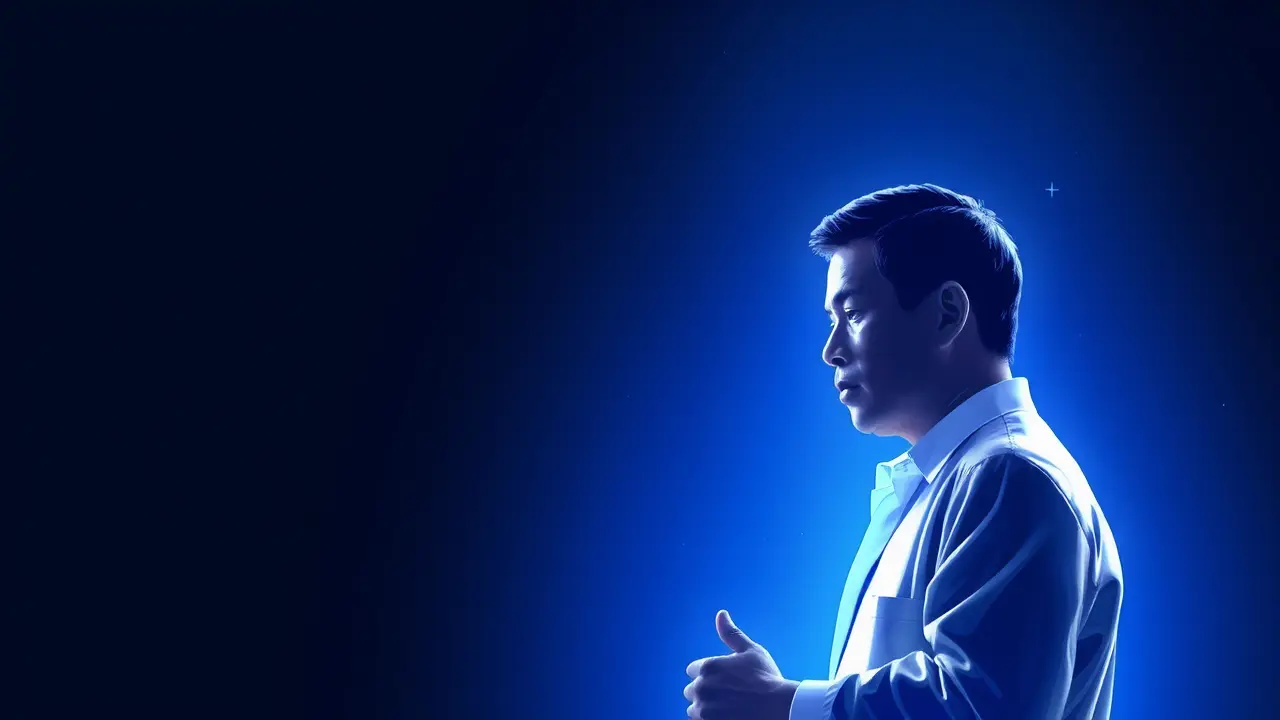Philippine Lawyers' Award for Duterte Sparks Outrage
The decision by a unit of the Philippines' largest lawyers' group to bestow an award upon former president Rodrigo Duterte, ostensibly to recognize his decades of legal service, has ignited a firestorm of moral outrage and profound disappointment, forcing a painful national conversation about the price of justice and the sanctity of the legal profession itself. This is not merely a story of a controversial figure receiving a plaque; it is a stark narrative about institutional integrity, the memory of the thousands of victims of his brutal war on drugs, and the chilling message this sends to a society still grappling with the trauma of state-sanctioned violence.While some legal formalists may dismiss the award as a routine procedural matter, a mere acknowledgment of years served, this perspective is dangerously myopic and fails to account for the human wreckage left in Duterte's wake. For the families of the estimated tens of thousands killed in the anti-drug campaign—a campaign marked by extrajudicial killings, vigilante violence, and a pervasive culture of impunity—this honor feels like a brutal erasure of their grief, a institutional betrayal that whitewashes alleged crimes against humanity with the veneer of professional courtesy.The timing is particularly galling, coming as Duterte faces the prospect of accountability on the international stage through his ongoing detention proceedings at the International Criminal Court (ICC), which is investigating these very killings as potential crimes against humanity. To honor a man under such a cloud is to implicitly challenge the legitimacy of international law and to signal that domestic professional bodies are willing to operate in a parallel universe, untethered from global human rights norms.This act echoes historical moments where professional guilds have failed their moral compass, aligning with power rather than principle, and it raises urgent questions about the role of legal associations: are they meant to be mere trade unions celebrating longevity, or are they guardians of the rule of law, with a duty to uphold its highest ideals? The backlash from human rights advocates, progressive lawyers, and civil society is not just anger; it is a desperate defense of the soul of the Philippine justice system. They argue that true legal service is measured not by the number of years one practices, but by an unwavering commitment to justice, due process, and the protection of the most vulnerable.By this measure, Duterte's legacy, defined by his incendiary rhetoric encouraging extrajudicial killings and his dismantling of democratic checks and balances, represents an antithesis to legal service. The award, therefore, becomes a symbol of a deeper societal schism, a battle over national memory and the value of human life.It risks normalizing a period of profound violence and legitimizing a leader whose policies were condemned by every major human rights organization globally. The consequences are potentially devastating, further polarizing an already divided nation, demoralizing human rights defenders, and emboldening those who believe that strongman tactics are above reproach. Ultimately, this is more than a story about an award; it is a critical test of the Philippine legal community's conscience and its courage to stand for something more profound than professional camaraderie, a test it appears, for now, to be failing.
It’s quiet here...Start the conversation by leaving the first comment.
© 2025 Outpoll Service LTD. All rights reserved.
